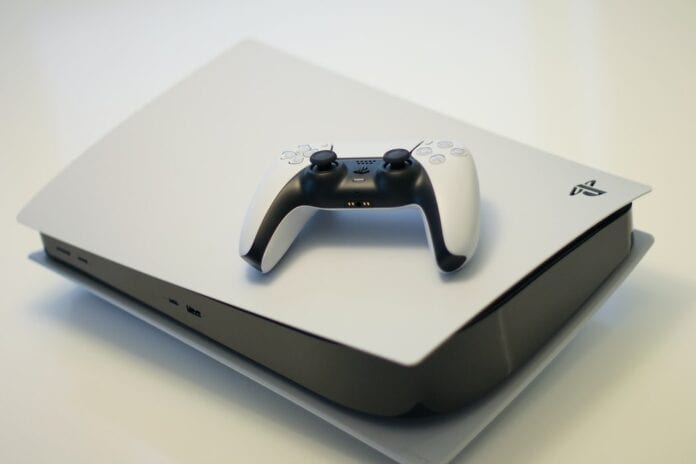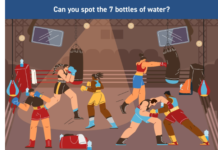For decades, video gamers the world over have played their favourite titles the same way. They’d rush to a game shop (or wait for the postman or postwoman to arrive), grab their latest purchase, and rush back home to load it up.
It didn’t matter whether it was a cartridge game from the 1980s, a CD game from the 1990s, a DVD game from the 2000s, or the Blu-ray games we have now. The one constant in all of this was the console, a specially-designed, dedicated machine that did only one thing: play video games.
With the release of the Sony PlayStation 5 and Microsoft’s Xbox Series S and X in November last year, the demand for these machines looks healthy. Retailers couldn’t stock their shelves fast enough across Wales, the UK, and the world as gamers searched high and low to get their hands on the latest devices.
But will we see a PlayStation 6? Or are the days of the video games console numbered?
Why Do We Have Consoles?
The latest generation of video game consoles are somewhat unique in that they’re incredibly powerful devices that have more general and graphics processing power than most computers. This is what allows them to generate photo-realistic graphics on the fly.
However, traditionally, consoles were underpowered devices. They were designed to do one thing very well but would have been terrible for anything else. This helped manufacturers strike a balance between offering a quality product and making it affordable.
For example, in the 1990s, the Sony PlayStation cost around £200, while a home computer capable of running the same type of games would have cost you more than five times that. In today’s money, the original PlayStation would have cost £393.20, while a home computer would have been £1,996.
Do We Still Need Consoles?
While inflation would make mid-1990s prices twice as much today, the reality is a little different. Today, the PlayStation 5 will currently set you back £449.99, while a decent gaming PC could be bought for between £700 and £1,500. Therefore, consoles have actually become more expensive, while computers have become cheaper.
PC gamers also have access to considerably more titles than their console-playing cousins. Most AAA titles are released at the same time (or shortly afterwards) on computers, while players can also take advantage of an almost infinite back catalogue of titles from several decades of releases.
Through a PC, it’s also possible to play in online casinos, including modern video slots that contain progressive jackpots and other bonus features. These sometimes require you to download the casino’s own software, but they can also be played from within a browser. Computer users can also access other browser-based games like Runescape and Miniclip’s 8-Ball Pool, titles that are generally not available on a console.
Given that PC gamers can play almost all of the same games and many more on top, there is, therefore, a very strong argument that consoles are not necessary. The games that aren’t released in a computer format are kept exclusive to consoles for commercial and not technical reasons.
A New Way to Play
Over the last decade, there has been a big trend in computing to move content into the cloud. Storage services like Dropbox have moved our files online, streaming services like Netflix have moved our movie collections online, and VOIP services like Zoom have even moved our meetings online.
Following this trend, we’re begging to see video gaming moved into the cloud. Several big tech companies, including Google and NVIDIA, are working on streaming services for games. Google’s platform, which is called Stadia, lets users play AAA titles like Cyberpunk 2077 on an underpowered computer, a tablet, smartphone or TV. To do it, you just need to buy the game and have an internet connection that’s fast enough.
This new type of gaming promises to make the generational step-up of consoles a thing of the past. Instead, the streaming provider will incrementally improve the power of its hardware to keep up with the growing demand of games. The player won’t have to do anything, and for the most part, won’t even notice.
The Future
Consoles, as we know them, are likely living on borrowed time. New technologies are likely going to make them redundant at some point in the future. Streaming technology has a long way to go before it can reliably replace a local device though as internet connections can still drop out and some people live in regions where the speeds still aren’t fast enough yet.
It may be that gamers still use a device they plug into their TV, but it may just be a streaming device like a Google Chromecast or Amazon Fire TV Stick that can relay the streamed game, rather than a powerful console.
It isn’t the first time we’ve seen this happen either. In 2011, Sony released its last handheld console, the PS Vita, while Nintendo recently discontinued its last Nintendo DS product. These portable consoles have been replaced by smartphones and tablets. We’ll likely see the same with full-size consoles too.
Help keep news FREE for our readers
Supporting your local community newspaper/online news outlet is crucial now more than ever. If you believe in independent journalism, then consider making a valuable contribution by making a one-time or monthly donation. We operate in rural areas where providing unbiased news can be challenging. Read More About Supporting The West Wales Chronicle

























